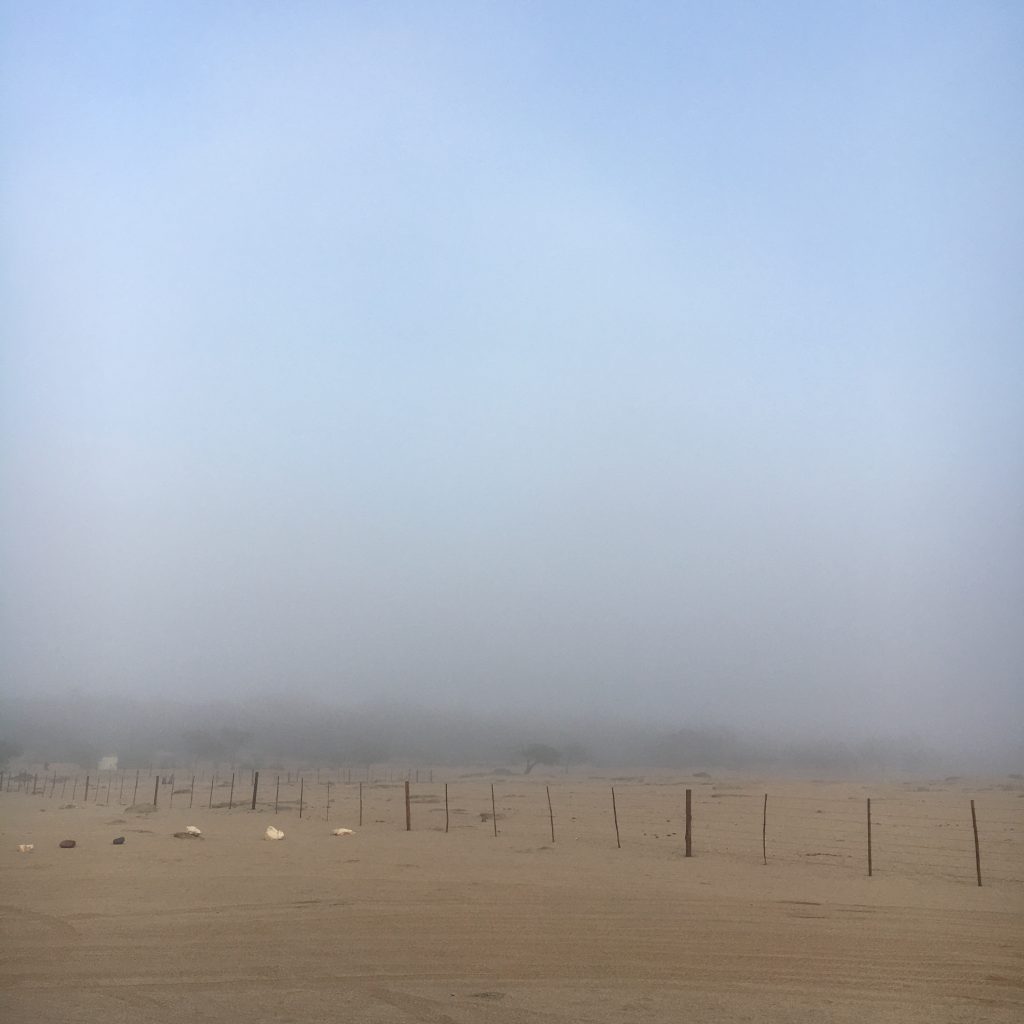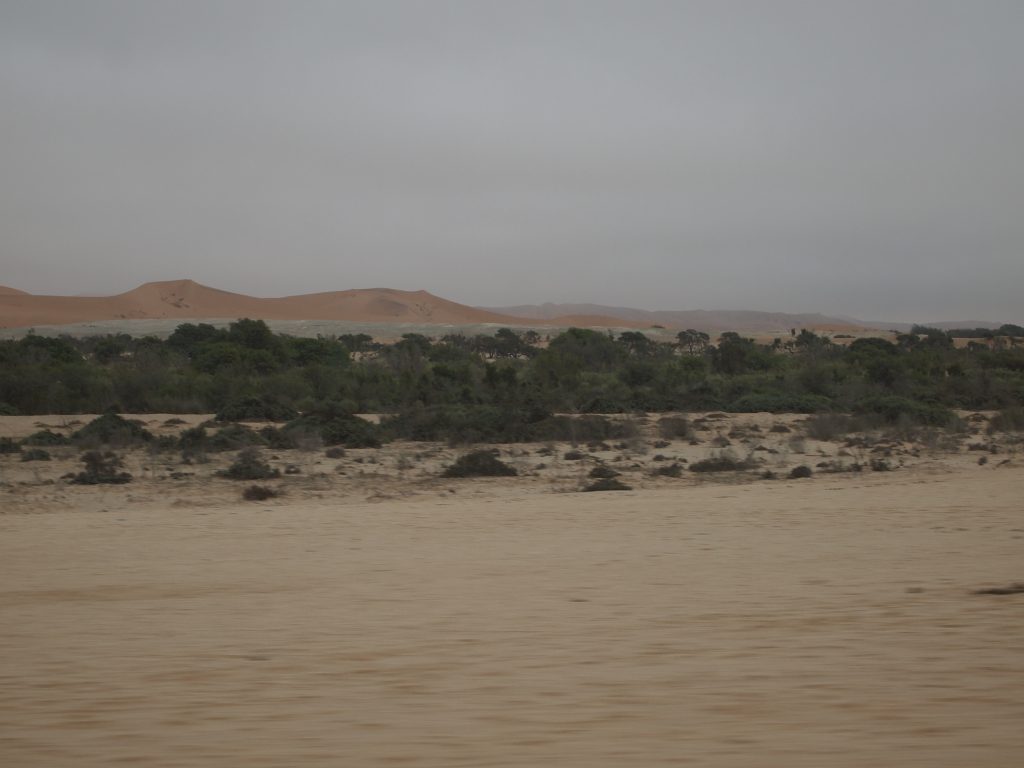What is the role of aerosols in the Namibian fog, and the Namib desert biogeochemistry?
Namibia is characterised by some of the most extreme climate regimes ranging from the cold Benguela Current to the hyper-arid coastal deserts of the Namib region. Fog and low-clouds are typical features, affecting the coast and inland up to about 60-100 km, where they have a higher contribution to the total water volume than rainfall, which is very episodic.
In May and September, PEGASUS will be mobilised to Namibia for two new field campaigns 2024 aiming to understand the impact of aerosol particles on the formation and composition of the Namibian fog, the redistribution of nutrients and pollutants, and the sustainability of the regional ecosystems.


The Aerosols and fog in southern Africa: processes and impact on biogeochemistry (AEROFOG) project is is funded by the French ANR and the German DFG, and it is contributed by LISA (FR), LCE (FR), TROPOS (DE), KIT (DE), NWU (RSA), the Gobabeb Namib Research Institute (NAM) and the SANUMARC Research Center (NAM).








